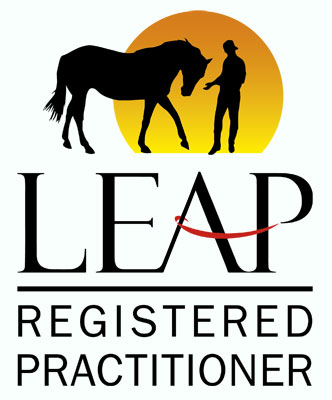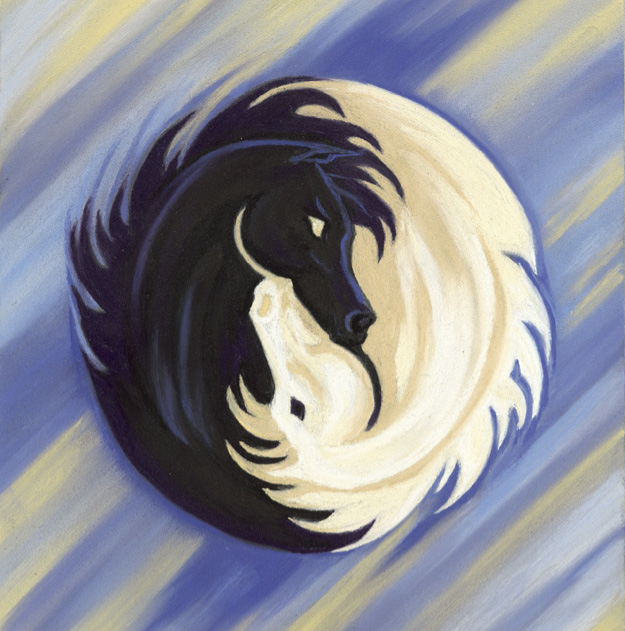
Blog
Letting Go Requires First Holding On
21 February 2016
Much 'New Age' and Spiritual thinking these days advocates “Letting Go” all of the time. This tends to make me irritable as I can sense the inherent incongruency and desire to bypass something behind this approach.
It is a basic, given that you simply cannot let go of something - a feeling, desire, need or habit, until you have first fully held it.
It is impossible to let go of something that you did not firstly hold, acknowledge, and learn the value and role of in your life.
Holding fully requires full-bodied and full-mindful attention. An emotion or pattern of thought or behaviour in you that sits deep behind your surface level emotions and behaviours, seeks nothing more than your full attention and presence; it seeks nothing more than you allowing it to be felt and acknowledged.
It is our attachment-phobic minds and culture that tells us that to fully feel our emotions is tantamount to a sin: “I’m sorry for crying!” “I’m sorry for getting so emotional!!!” And so it goes on... So we seek any quick-fix available, any method, any spiritual practice, especially those that the big “gurus” like to promote, that leads us to believe, untruthfully I might add, that by repeating the mantra of “letting go”, all of our pain, difficult feelings and problems will somehow magically disappear.
How wrong and misleading this is.
For to really let something go, we have to first of all fully feel and acknowledge it; really acknowledge it. Whatever it is and in whatever format this arises in us.
Holding in this sense then, involves holding our pain, emotion, memories, losses, habits, complusions and repetitions fully in our own arms. A skilled professional or even a really good friend can support inpart of this process, but in my experience it is when we are on our own that we can truly invite up our deepest pain, or rejected parts, or our losses. It is when we feel safe to receive this truth into ourselves that our feelings will finally bubble up.
But to feel safe we have to be willing to sit in whatever discomfort arises, and not push it away, or try to rush through and beyond it, or run away from it through thinking of something else, reaching for another glass of wine, or trying to find some peace in the arms of another person, or even a pet.
In other words, in our rush to "let go" of this feeling or habit we do more harm than good as yet again we by-pass what is simply wanting our fullest attention.
Here's an example: A long-held thought pattern or belief will not simply dissapear from our minds if all we say is: "I want to let go of this now". Firstly, this pattern HAS served us in some way and probably for a very long time. It came about in order to help or protect us in some way. We do it a disservice to simply try to disgard it without firstly acknowledging the role it has played and its value to us for years. Secondly, taking time to explore where and why this pattern originated, and how it has served us up until now, is vital in order to get to the point of being able to transmute this habit into something more helpful to us now.
It is only through us holding ourselves fully in this way, seeing and feeling our emotions or unhelpful patterns in their entirety, and cradling them enough that they then feel able to actually exit our being; naturally releasing themselves.
Just as you can’t let go of or release a balloon you never had hold of in the first place, neither can you let go of your habits, pain, trauma or grief until you first of all take hold of it fully, giving it your fullest attention and presence; facing it once and for all.
The horses confirm this tendency we have to by-pass things all of the time. When we try to skip the holding and feeling stage and go straight to letting go, they react with either disinterest or unease around us. In this 'by-pass stage', they'd rather not take part, thank you very much. Horses are masters at embracing all that is, no matter how uncomfortable. They nudge us toward all that needs to be felt and all that needs to be acknowledged in any given moment. Only once we do this do they offer us support in the letting go and releasing phase.
So, go on, give yourself a break. Stop feeling guilty, because, despite the fact that you’ve read umpteen books or social media posts telling you that letting go is the path to freedom, you feel that you still aren’t any good at “letting go”. Instead try this different approach: “hold on” to that which you want to be free of or change and see what happens; you just might be pleasantly surprised...
© Angela Dunning, 21 February 2016








